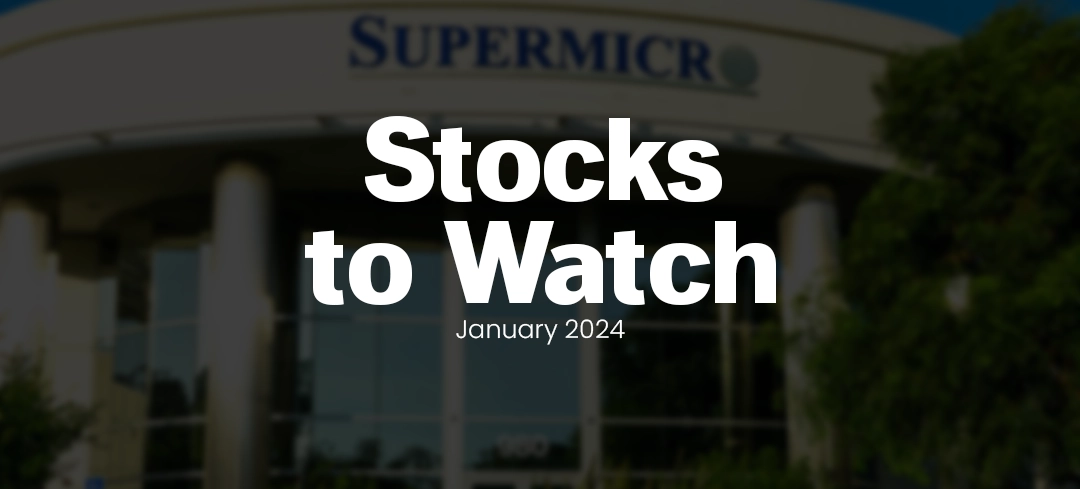Interest rates play a crucial role in the housing market. When interest rates rise, it affects how much people can afford to borrow, which in turn can affect home prices and the overall demand for housing. In recent years, interest rates have been relatively low, which has helped to fuel the housing market.
However, as the economy continues to recover, many experts predict that interest rates will rise. In this article, we will explore the impact of rising interest rates on the housing market in detail.
Historical Interest Rate Trends
Before we delve into the effects of rising interest rates on the housing market, it is important to understand the historical trends. Over the past few decades, interest rates have fluctuated significantly. For example, in the early 1980s, interest rates peaked at over 18%.
Since then, interest rates have generally been on a downward trend, reaching historic lows in the aftermath of the 2008 financial crisis. In recent years, interest rates have remained low, with the Federal Reserve keeping rates near zero to help stimulate the economy.
Impact on Home Prices
One of the most significant impacts of rising interest rates on the housing market is its effect on home prices. When interest rates rise, it can make it more expensive to borrow money, which can reduce the number of potential buyers in the market. As a result, this can lead to a decrease in demand for housing, which can ultimately drive down prices.
However, the impact of rising interest rates on home prices is not always straightforward. In some cases, rising interest rates may be a sign of a strong economy, which can lead to increased demand for housing and higher home prices. Additionally, if interest rates rise gradually, it may not have a significant impact on home prices, as potential buyers may be able to adjust their budgets accordingly.

Impact on Mortgage Affordability
Another significant impact of rising interest rates on the housing market is its effect on mortgage affordability. As interest rates rise, the cost of borrowing money increases, which can make it more difficult for potential buyers to qualify for a mortgage or afford their monthly payments.
This can lead to a decrease in demand for housing and a decrease in home prices. Additionally, rising interest rates can also make it more difficult for homeowners to refinance their mortgages, which can further reduce demand in the housing market.
Impact on Housing Market Trends
Rising interest rates can also have an impact on broader trends in the housing market. For example, when interest rates rise, it can lead to a slowdown in new construction as developers may be less willing to take on new projects. Additionally, rising interest rates can lead to an increase in the number of homes on the market, as potential sellers may be more motivated to sell before rates rise further.
Overall, rising interest rates can have a significant impact on the housing market, with effects that ripple throughout the industry.
Impact on Investment Properties
Rising interest rates can also impact investment properties. Higher interest rates can make it more expensive to borrow money to purchase an investment property, which can reduce demand for these properties. Additionally, rising interest rates can lead to an increase in the cost of operating an investment property, as mortgage payments and other expenses increase.
However, the impact of rising interest rates on investment properties is not always negative. In some cases, rising interest rates can lead to an increase in rental demand, as potential buyers may be less likely to purchase a home and more likely to rent instead.
Impact on First-Time Homebuyers
Rising interest rates can have a particularly significant impact on first-time homebuyers. For many people, buying a home is one of the biggest investments they will make in their lifetime. However, when interest rates rise, it can make it more difficult for first-time homebuyers to afford a mortgage, which can limit their ability to enter the housing market.
Additionally, rising interest rates can make it more challenging for first-time homebuyers to compete with cash buyers or investors, who may be better positioned to purchase a property without financing.
Strategies for Dealing with Rising Interest Rates
While rising interest rates can have a significant impact on the housing market, there are strategies that homebuyers and homeowners can use to mitigate these effects.
For example, potential buyers can consider purchasing a home before rates rise further, or they can consider alternative financing options such as adjustable-rate mortgages. Homeowners may also be able to refinance their mortgages before rates rise further.
Additionally, real estate investors may be able to offset the effects of rising interest rates by increasing rental income or exploring alternative financing options.
Conclusion
In conclusion, rising interest rates can have a significant impact on the housing market. When interest rates rise, it can lead to a decrease in demand for housing, a decrease in home prices, and a reduction in mortgage affordability.
Additionally, rising interest rates can impact broader trends in the housing market, including new construction and the number of homes on the market.
However, there are strategies that homebuyers and homeowners can use to mitigate the effects of rising interest rates. As interest rates continue to rise, it is important for individuals in the housing market to stay informed and prepared.



